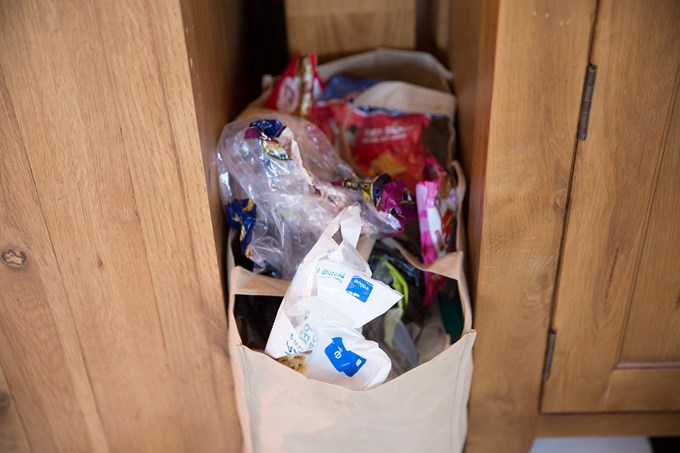With the temporary suspension of the Packaging Forum’s Soft Plastics Recycling Scheme from 31 December 2018, Auckland Council is encouraging Aucklanders to make efforts to reduce their consumption of soft plastics.
“Soft plastics recycling is not a ratepayer-funded, council service. However, the council’s aim is to help Aucklanders get to zero waste to landfill by 2040," says Parul Sood, Programme Director Waste Solutions.
"This means guiding Aucklanders on how to minimise their use of single-use packaging, including soft plastics.”
“Auckland Council’s kerbside recycling service is unable to collect soft plastic packaging as the processing equipment is designed to only handle rigid plastics. We urge Aucklanders to not place soft plastic recyclables into their kerbside recycling bins, as the material gets caught in the sorting machine at the recycling plant and can be a significant hazard and risk.
“In the short term, until the recycling scheme is reinstated in April 2019, Aucklanders will need to place their soft plastics in their kerbside waste bin.
"We also encourage Aucklanders – both producers and consumers – to take this opportunity to look for ways to minimise soft plastic consumption.”
Five easy ways to minimise your soft plastics consumption
Here are five easy things you can do to reduce your use of soft plastics and prevent soft plastics from ending up in landfill:
- Consider carefully when you buy. Look at the options when buying a product and check out the amount of soft plastic packaging. Look for alternatives that ideally have no packaging or those that can be re-purposed or recycled
- Put your produce items directly in your shopping trolley and then straight into a reusable shopping bag at the checkout. You don’t need to use soft plastic bags for each produce item. If you really want to use individual bags for each item, re-use old ziplock/soft plastic bags, paper bags, or lightweight mesh/cloth bags. You can also make your own reusable bags out of old t-shirts - there are lots of online instructional videos available
- BYO reusable containers, especially when grocery shopping. Check with your local butcher, delicatessen, or supermarket butcheries and delis and ask if they will put meat and other deli foods in your reusable containers, rather than soft plastic bags. Buy food, pet food, and cleaning products in bulk from bulk bin outlets and BYO reusable containers.
- Use reusable beeswax food wraps, instead of plastic food wrap and snack bags. These are made from cotton, keep food fresh, are simple to clean, and can be washed and re-used for up to 12 months. At the end of their life, beeswax wraps can be composted if you have a home compost bin. For school and work lunches, take your lunch in a reusable container, rather than in a plastic bag
- If there are ‘must-have’ items on your shopping list that have soft plastic packaging, take the time to drop a line and ask the manufacturer if they will consider more sustainable packaging options for their product.


